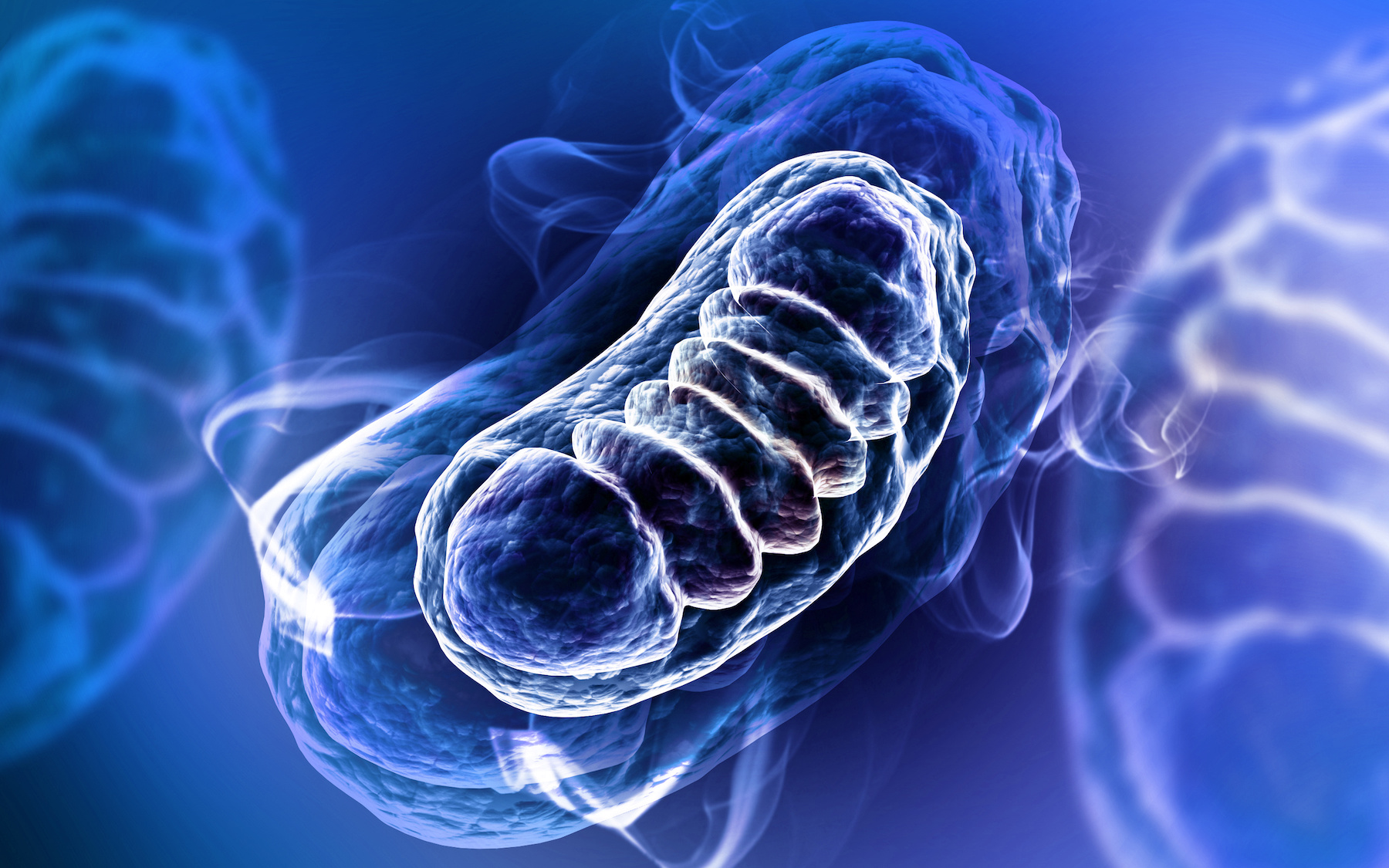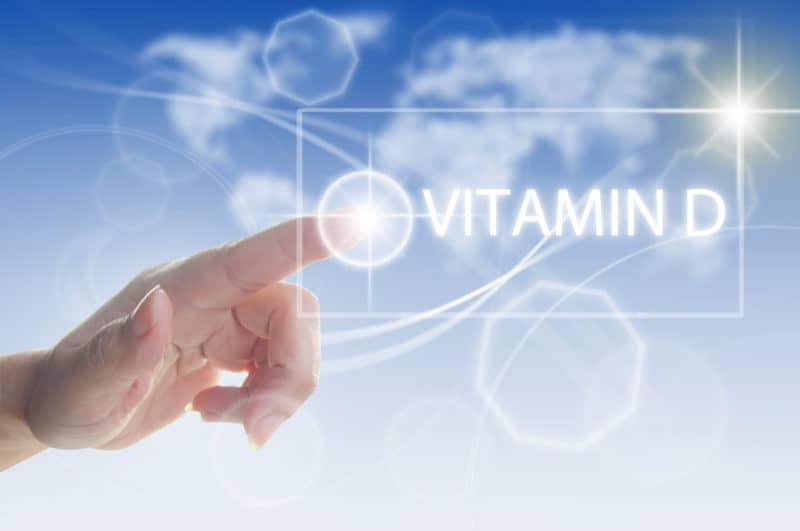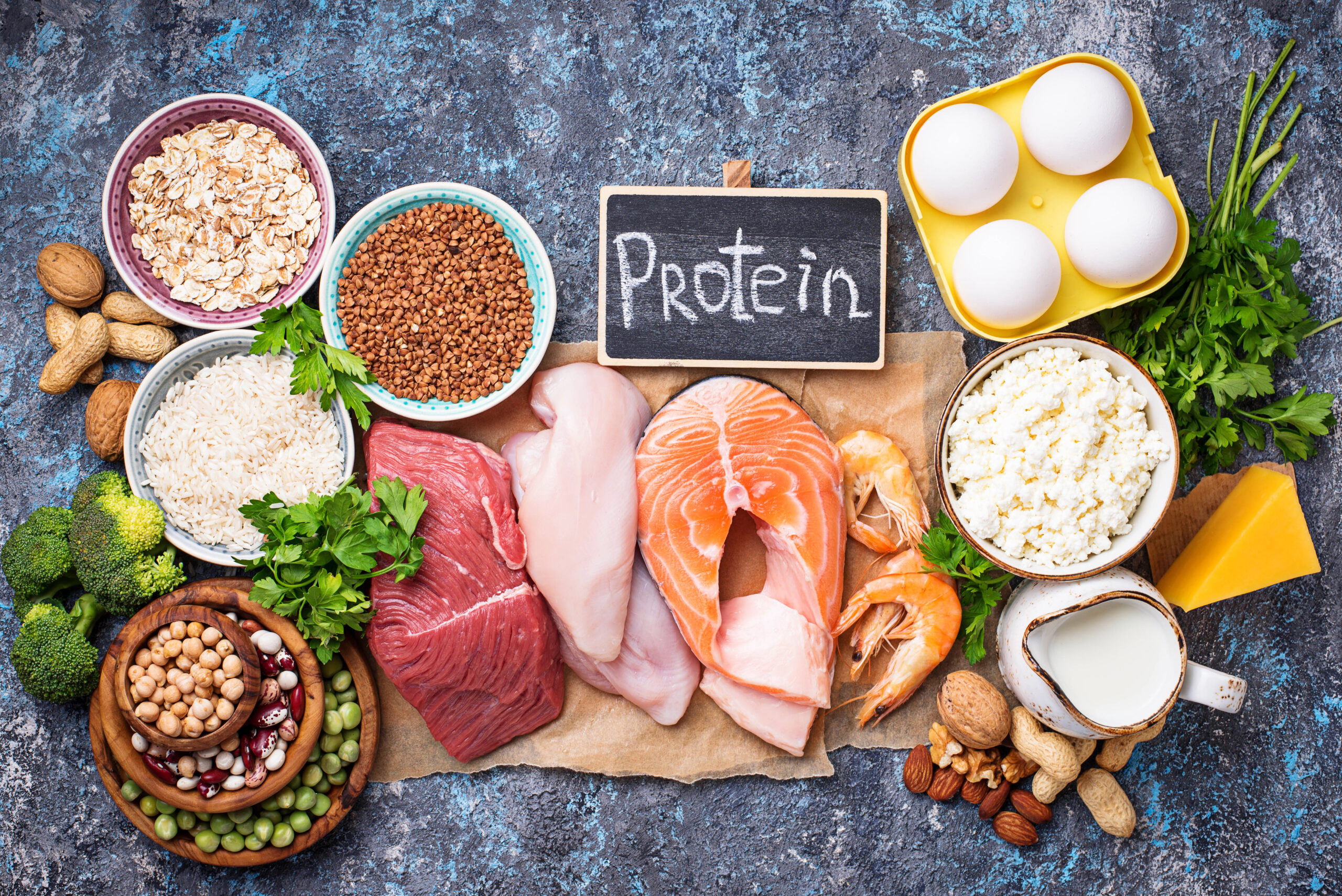

What if you could boost your immune system, protect against aging and degenerative diseases, and give yourself more energy? Wouldn’t you want to learn more? NAD can do that – and more.
What Is NAD?
Nicotinamide adenine nucleotide, or NAD, is a small cofactor involved in many cellular processes. It has immune and metabolism functions, aids in DNA repair, supports the mitochondria, and even has anti-aging benefits. Plus, it’s one of the most abundant molecules within the body, supporting energy metabolism and protecting against oxidative stress. Fluctuations in NAD occur based on exercise, time of day, and food intake.
To make NAD, the body has two options. It can convert the amino acid tryptophan into an NAD precursor or salvage what is needed from various forms of vitamin B3:
- nicotinic acid (NA)
- nicotinamide (NAM)
- nicotinamide riboside (NR)
- nicotinamide mononucleotide (NMN)
The rate at which the body makes NAD is dependent on NAMPT, a molecule in the beginning of the NAD pathway. Levels of NAMPT are constantly changing in response to cellular stress like starvation or DNA damage. It’s thought that the expression of NAMPT influences how the body responds to stress, exercise, and diet. Things that lower NAMPT include high-calorie diets and obesity for example.
NAD Benefits
NAD plays a foundational role in cellular processes and energy production. So much so, it’s required for over 500 enzyme reactions in the body! It helps prevent cognitive decline, hearing and vision loss, cancer, and infertility. And it also protects against diabetes, inflammation, cardiovascular disease, and immune deficiency. Let’s look a bit closer at NAD benefits.
Anti-aging
Research suggests that NAD plays a significant role in aging and protecting against oxidative stress—stress at the cellular level. NAD levels elevate in conditions of health and work to increase lifespan. In conditions of accelerated aging, NAD decreases.
Energy Support
NAD reverses age-associated changes in muscle and reduces inflammation. It also increases ATP production, the main energy source of cells. It may also help with endurance and recovery from muscular injury after a tough workout.
Supports liver function
NAD protects the liver from fat accumulation and the development of fatty liver diseases. It also boosts the liver’s capacity for regeneration.
Brain Health and Memory Support
Promising research shows NAD helps delay neurodegenerative diseases like Alzheimer’s and Parkinson’s. It can also reverse the degeneration of the neurons in traumatic brain injuries! Because of this, it’s an encouraging strategy for age-related degenerative diseases.
Anti-inflammatory Effects
More and more studies show the anti-inflammatory effects of NAD. These anti-inflammatory effects play a role in a variety of health promotion roles within the body. For example, studies show increasing NAD levels significantly reduces damage from oxidative stress.
Protection Against Cardiovascular Disease
Adequate NAD levels help maintain normal heart function. When treated with NAD, cardiac function improves.
Cholesterol Support
Niacin (NA), a precursor of NAD, is often used as a treatment for hypercholesterolemia. It can lower LDL cholesterol and increase HDL cholesterol.
Fertility
NAD promotes fertility by potentially extending the fertility window for both males and females.
Skin Conditions
NAD has been studied to reduce the growth of skin lesions like actinic keratosis, and even some skin cancers like basal cell carcinoma, squamous cell carcinoma, and possibly melanoma. The mechanism of action is via its ability to counteract the immune suppression that UV light exposure causes.
Longevity
A longevity study showed NAD extended lifespan and delayed accelerated aging in mice. NAD is also associated with other health factors that may extend lifespan and maintain health longer, including:
- improved insulin sensitivity
- increased bone-density
- improved lipid profiles
- improved eyesight
How NAD Levels Change Over Time
NAD levels decline as we age. It’s a normal part of the aging process. This decreases the optimal functioning of both cells and organs. It also plays a major role in disease and disability as we age.
But what else causes a decline in NAD levels?
NAD is depleted in several different ways. Excessive DNA damage is high on the list. This can be from free radicals or ultraviolet exposure. But NAD levels can also fall due to chronic immune system activation and the inflammatory process.
How to Get Enough NAD
One of the best ways to achieve optimal levels of NAD is through a well-balanced diet. Without vitamins and nutrients, your ability to produce NAD decreases. Foods containing niacin, a precursor of NAD, are especially important to include in the diet. These foods include:
- Cucumber
- Cabbage
- Broccoli
- Avocado
- Tomato
- Beef
- Shrimp
While it’s best to get all your nutrients through a well-balanced diet, supplementation is sometimes necessary. Taking vitamin B3 is a great place to start. For effective NAD synthesis, 15mg of niacin daily is recommended. This is a great micronutrient supplement to start, as it contains the 15mg of niacin you need each day. For a true boost in NAD levels, you can take a supplement that contains NMN or NR, such Tru Niagen, a third party quality tested brand that can be found here.
You can also alter the NAD levels in your body through fasting and glucose deprivation. Eating less at each meal causes a decrease in caloric intake. Fasting, such as intermittent fasting, leads to glucose deprivation. Both increase NAD levels. Plus, decreasing caloric intake is a general strategy supported by research to increase health and lifespan.
Exercise also increases the amount of NAD in your body by reversing the decline of NAD that occurs through aging. Resistance training and aerobic exercise prevent the age-related decline of NAD the most.
NAD and IV Infusions at Arizona Wellness Medicine
While diet, exercise, and supplementation may help, sometimes you need more. At Arizona Wellness Medicine, we offer NAD as one of our IV infusions. We know how effective NAD can be for anti-aging, memory, sleep, recovery, immune support, and overall wellness.
What is IV therapy? It’s a great way for your body to get nutrients directly. Because the nutrients are given through an IV, your body doesn’t rely on your GI tract for absorption. IV infusions help with acute conditions like dehydration, GI upset, viral illnesses, and headaches for example. But they also help with chronic conditions like nutrient deficiencies or fatigue. IV infusions can even be a preventative measure to boost your health, anti-aging, and metabolism.
NAD is one of the best additions to our IV infusions. Learn more about IV infusions and how they can help here.
Resources:
https://www.ncbi.nlm.nih.gov/pmc/articles/PMC6342515/
https://www.ncbi.nlm.nih.gov/pmc/articles/PMC6342515/
Share:
Dr. Emily Parke
Social Media
Most Popular Posts
Subscribe To Our Newsletter
Related Posts

How Fructose Intake Affects Metabolic Health: What You Need to Know
Fructose, found naturally in fruits and added to processed foods as high fructose corn syrup, impacts health. Learn the metabolic effects of fructose intake.

Get More Vitamin D for Better Health!
Of all the vitamins and minerals you should be sure you’re getting enough of, vitamin D is perhaps one of the most important. The benefits of vitamin D are widespread and pretty incredible.

The Science Behind Protein: The Optimal Amount of Protein in the Diet Based on Age and Activity Level
Different amounts of protein are needed at different stages of life. Learn about protein, how much you need, and what happens when you don’t get enough.

Magnesium: The Essential Mineral, Its Role in the Body, and What to Know About Magnesium Supplements
Learn about the mineral magnesium, its role in the body, how to spot magnesium deficiency, and the most bioavailable forms of magnesium to supplement with.
